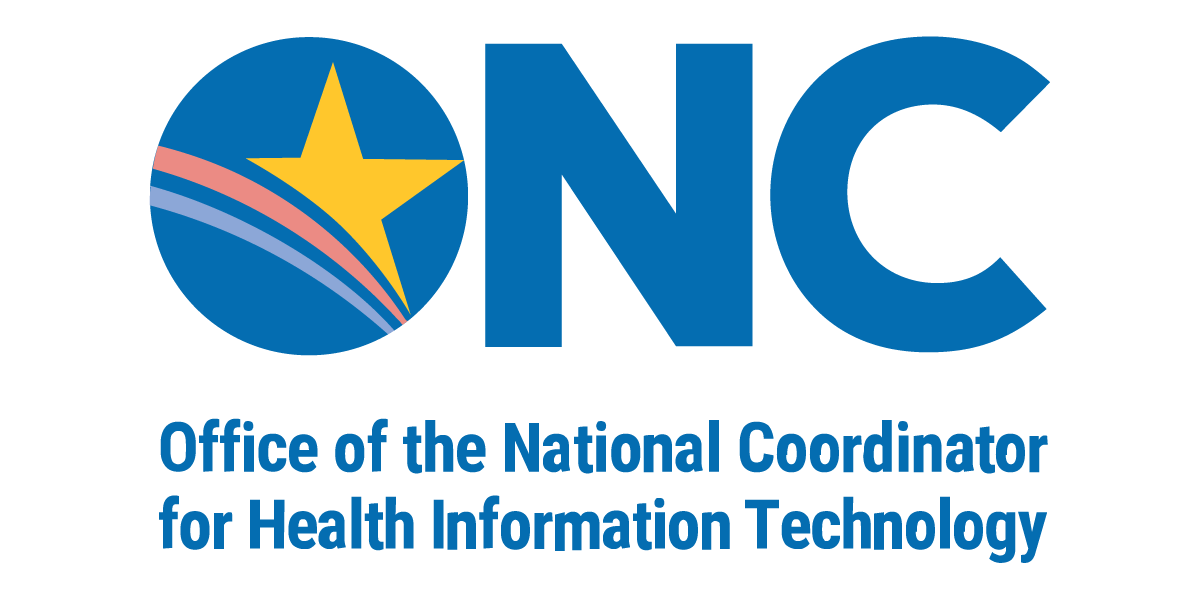Frequently Asked Questions
Not necessarily. The information blocking exceptions defined in 45 CFR part 171 are voluntary and offer actors certainty that any practice meeting the conditions of one or more exceptions will not be considered information blocking. However, an actor’s practice that does not meet the conditions of an exception will not automatically constitute information blocking. Instead, such practices will be evaluated on a case-by-case basis to determine whether information blocking has occurred.
Whether information blocking occurred in a particular case would be based on whether:
- the individual or entity engaging in the practice is an "actor" as defined in 45 CFR 171.102;
- the claim involves "EHI" as defined in 45 CFR 171.102;
- the practice was required by law;
- the actor's practice met the conditions of an exception under 45 CFR 171;
- the practice rose to the level of an interference under 45 CFR 171; and,
- the actor met the requisite knowledge standard.
Please note, the knowledge standard varies based on the type of actor. For health care providers, the standard is that the actor “knows that such practice is unreasonable and is likely to interfere with access, exchange, or use of electronic health information.” For health IT developers of certified health IT and health information networks (HINs) or health information exchanges (HIEs), the standard is that the actor “knows, or should know, that such practice is likely to interfere with access, exchange, or use of electronic health information.” In addition, we recommend review of the examples included in the Final Rule of what is and is not considered interference at 85 FR 25811.
Updated:
This FAQ has been updated to reflect the effective date of the HTI-1 Final Rule.
The “Manner” exception does not require the use of any specific standard or functionality. Instead, the “Manner” exception (45 CFR 171.301) outlines a process by which an actor may prioritize the use of standards in fulfilling a request for EHI in a manner that supports and prioritizes the interoperability of the data. This means that, for the purposes of information blocking, before October 6, 2022, an actor could have fulfilled a request with the EHI identified by the data elements represented in the USCDI standard, first in the manner requested and, if not, in an alternate manner agreed upon with the requestor, following the order of priority specified in the exception.
Updated:
This FAQ has been updated to reflect the effective date of the HTI-1 Final Rule.
Anyone who believes they may have experienced or observed information blocking by any health care provider, health IT developer of certified health IT, or health information network or health information exchange is encouraged to share their concerns with us through the Information Blocking Portal on ONC’s website, HealthIT.gov.
Please see the other questions under this heading for more information about reporting claims of potential information blocking. For more information about applicability dates and enforcement dates for the information blocking regulations, please review the question(s) under the “Enforcement” heading.
Updated:
This FAQ has been updated to reflect that we have passed the applicability date (4/5/2021) for the information blocking regulations, and to simplify the internal reference in the final paragraph.
The Cures Act, passed by Congress in 2016, directs ONC to implement a standardized process for the public to report claims of potential information blocking, and gives the HHS Office of Inspector General (OIG) the responsibility of investigating any claim of potential information blocking. Once received, ONC will confirm receipt with the submitter and the report is automatically assigned a tracking number (e.g. IB-XXX). Depending on the facts and details included in the complaint, ONC may contact the submitter for additional information.
ONC has authority to review claims of potential information blocking against health IT developers of certified health IT that may constitute a non-conformity under the ONC Health IT Certification Program. Separately, OIG has authority to investigate claims of potential information blocking across all types of actors: health care providers, health information networks and health information exchanges, and health IT developers of certified health IT. Therefore, upon receiving a claim of potential information blocking, ONC shares the claim with OIG. ONC makes every effort to share these claims of information blocking within two business days of receipt. To contact OIG about a claim of potential information blocking, please use the OIG Hotline via the web at https://oig.hhs.gov/fraud/report-fraud/index.asp or by phone at 1-800-HHS-TIPS (1-800-447-8477). Please note that the OIG Hotline will not be able to respond to any inquiries about action taken in response to a complaint. For more information, please see OIG’s Hotline website: https://oig.hhs.gov/fraud/report-fraud/before-you-submit/.
For more information about applicability dates and enforcement dates for the information blocking regulations, please review the question(s) under the “Enforcement” heading.
Yes. Anyone who chooses to report their concerns through the Information Blocking Portal can choose to do so anonymously.
However, if you do submit an anonymous report, we will not be able to contact you, and you will not be able to revisit your report, to add information or clarify your concern. Therefore, it is important to ensure you include all the information that you want us to have about your concern.
In addition, as specified in the 21st Century Cures Act, please note that any information received by ONC in connection with a claim or suggestion of possible information blocking and that could reasonably be expected to facilitate identification of the source of the information would fall under protections in section 3022(d)(2) of the Public Health Service Act. These protections limit the public disclosure of the source of the information.


